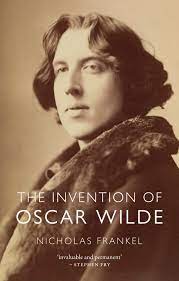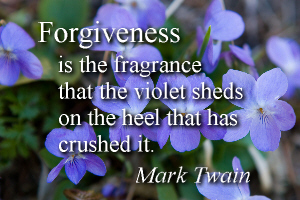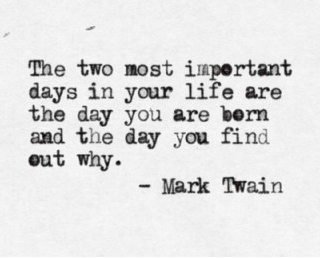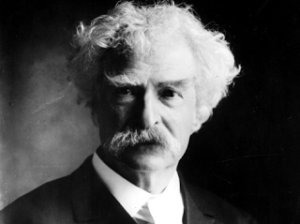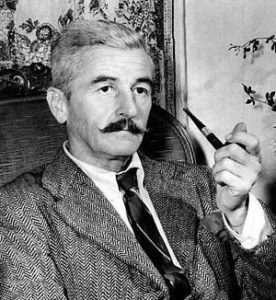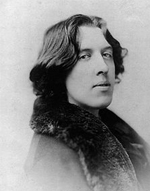I fell in love with Oscar Wilde’s plays and short stories in college and felt inspired as a young writer by his wit and keen sense of paradox. I’ve seen performances and films of his plays many times and had the good fortune to attend a Wilde Festival at Stratford, Ontario where the original 4-act version of his dazzling The Importance of Being Earnest was performed. I even met his grandson, which seemed like a something out of a movie.
But it wasn’t until reading Nicholas’s fascinating The Invention of Oscar Wilder, that I came to see the famous playwright as a precursor of today’s Influencers and other social media stars.
Wilde lived very large. As the author elegantly puts it, “His whole life was a provocation. And in his personal appearance, behavior, and wit, he turned himself into a mythic figure in his own lifetime while obliging his fellow Victorians to rethink the things they held dearest.”
With care and precision, Kupar explains how Wilde cultivated his aesthetic image by unconventional clothing, witty conversation, and making connections. He was a first-class scholar at Oxford and a first-class networker once he moved to London. He reached out to famous actors like Sarah Bernhardt and writers by publishing sonnets in their honor–and they befriended him. He assiduously made the rounds of London salons hosted by celebrities and aristocrats, impressing almost everyone by his charm and bon mots, intriguing them by his unconventional masculinity. Wilde also cut a swathe through Parisian salons too–though some writers found his take on being a man unsettling.
He became friends with John Singer Sargent and James McNeil Whistler, with whom he eventually fell out–a soured relationship that yielded great copy.
Inside of a few years, and before his run of hit plays, Wilde lectured many dozens of times in the U.S. and Great Britain, sometimes twice a day. But Wilde was often more interesting for his presence than in what he had to say about art or “the house beautiful” or anything else. He was an immediate target for satirists in print and on the stage via Gilbert and Sullivan’s Patience, which he instinctively knew was a sign of his notoriety.
Wilde gave as much attention to his hair and clothes as any Real Housewife and in effect made himself a work of art. So it’s fascinating to follow his career as poet, lecturer, art critic, editor, short story writer, then playwright–and finally a pariah for “gross indecency” with other men and a cruel prison sentence.
Likewise, exploring his long fascination with living and writing about a double life in coded ways is deeply enjoyable with Kupar as your guide. This book is a fine introduction to Wilde’s life, his work and his ground-breaking queer persona if you aren’t acquainted with them–and a pleasurable deep dive if you are.
And by the way–Oscar Wilde is one of the most widely misquoted authors on the Internet, with observations of all kinds attributed to him that he never wrote or said. But he did say “There is only one thing in life worse than being talked about, and that is not being talked about.”
Lev Raphael is the author of 27 books in genres from memoir to mystery as well as hundreds of stories, essays, book reviews and blogs. He taught creative writing at Michigan State University and currently mentors, coaches, and edits writers at writewithoutborders.com.

